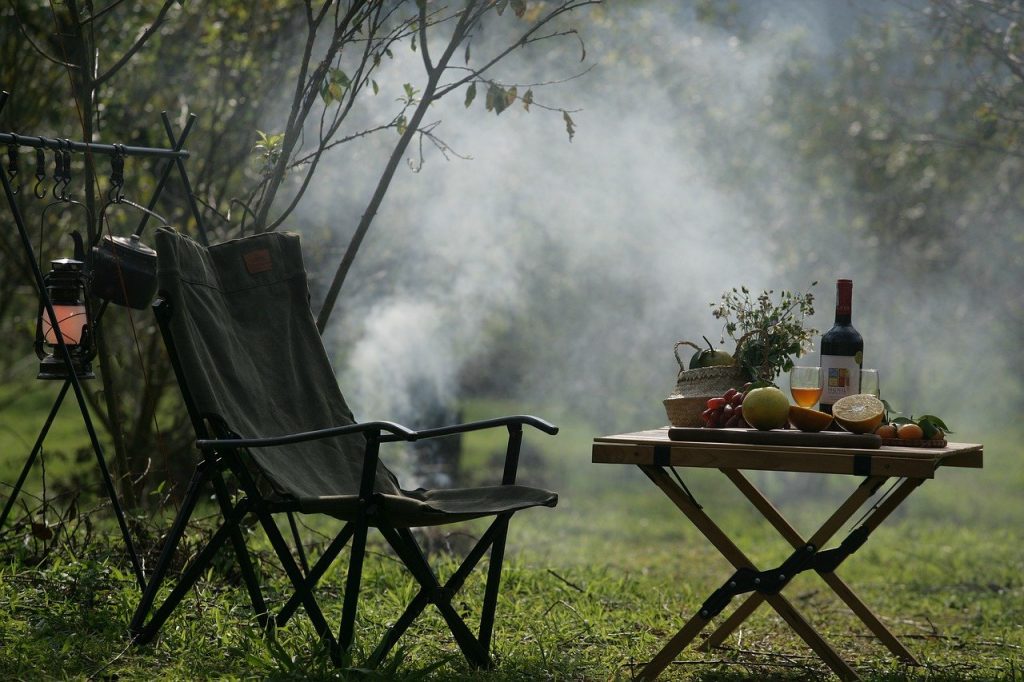Making the Most of Your Camping Experience
Camping is about enjoying the outdoors and creating lasting memories. Whether you’re hiking, fishing, or relaxing by the campfire, taking time to connect with nature enhances the experience. Immersing yourself in the surroundings and appreciating the simplicity of camping brings a sense of relaxation and fulfillment.
Camping offers an escape from daily life and the chance to disconnect from screens and technology. Embrace the quiet by leaving devices off and focusing on the sights, sounds, and smells of nature. Spending time without digital distractions allows you to fully experience the beauty of the outdoors and fosters a sense of calm and rejuvenation.

